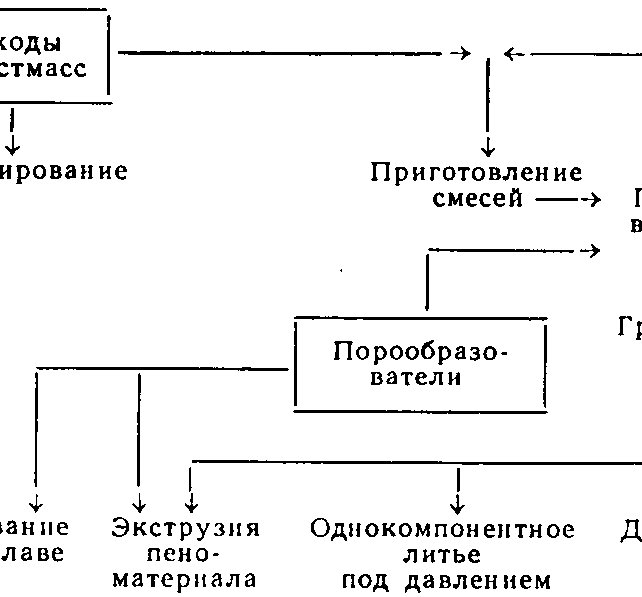Secondary Garbage Processing Report

The Rosrodnadsor argues that the separate collection of domestic waste in Russia is not economically feasible, and much more appropriate technology for the country is the thermal treatment of garbage in in incinerators. This is the conclusion of the report published on the Department ' s website.
Every year, about 7 billion tons of industrial and domestic waste are produced in the Russian Federation, of which only 2 billion tons, or 28.6 per cent, are used mainly by industry. However, the report writes, municipal solid household wastes (BWTs) represent the greatest problem. According to the Ros Naturendsor, between 35 and 40 million tons of solid domestic waste are generated annually in Russia, and almost all of this amount is located on the TBT landfills authorized and unauthorized landfills.
This is due in the past to the lack of the necessary infrastructure and refining facilities, of which 389 are throughout the country: the TBT processing complex, 243, the sorting complex, 53, the incinerators, about 10.
The existing system of waste management in Russia, which is predominantly focused on their dumping, is minor, polluts ambient air, groundwater and, as a consequence, reduces the quality of life, is inconsistent with the principles of sustainable economic development and requires fundamental modernization.
There are two ways of solving the problem, the report ' s authors consider: collecting and separating debris, following the example of Europe, or treating (incineration) debris in specialized plants.
The first option is not suitable for Russia. Most importantly, the selective collection, grading and processing of secondary raw materials extracted from waste requires considerable time and large financial resources. However, demand for many secondary products is very low.
The report notes that the experience of separating domestic waste (Santt Petersburg, Moscow, Smolensk et al.) has been negative because of the factors listed. The development of these technologies requires significant financial investment and a long period of economic restructuring. " It is worth noting that 2, a 5-fold increase in the proportion of waste reused in Europe took about 15 years ' time " , claims by the Ros Naturendor. It recommends that only those secondary resources (glass bottles, metal banks) that are consumed and that are economically profitable do not require significant energy costs and do not cause environmental harm.
Related posts:
 In the Volgograd Region Administration, a concession agreement was signed on public utilities, recycling, disposal (storage) of solid household waste. According…
In the Volgograd Region Administration, a concession agreement was signed on public utilities, recycling, disposal (storage) of solid household waste. According… The building is already over, and a bunch of building debris and waste remains lying, rather than seriously ruining the type of capital. As a result, today the required…
The building is already over, and a bunch of building debris and waste remains lying, rather than seriously ruining the type of capital. As a result, today the required… I ve done a lot of franchise monitors, but I ve got the usual bids, a cafe or a store that s already starting to compete with me, I thought I was bored, telling…
I ve done a lot of franchise monitors, but I ve got the usual bids, a cafe or a store that s already starting to compete with me, I thought I was bored, telling… What are the rules for sorting debris on French Riviera? When we rented an apartment in Paris, there were a few large tanks in the interior courtyard where classic…
What are the rules for sorting debris on French Riviera? When we rented an apartment in Paris, there were a few large tanks in the interior courtyard where classic… Is discipline important in investing? Without any doubt it is true! A disciplined investor will never buy securities without serious analysis or pay attention to…
Is discipline important in investing? Without any doubt it is true! A disciplined investor will never buy securities without serious analysis or pay attention to… Structural debris: brick, brisket, concrete, stoves obtained during the dismantling of construction sites are transformed into a secondary building block on GOST…
Structural debris: brick, brisket, concrete, stoves obtained during the dismantling of construction sites are transformed into a secondary building block on GOST… Professional presentation demands more than just content - it requires the right display platform. The Black Easel stands out as a sophisticated solution for artists…
Professional presentation demands more than just content - it requires the right display platform. The Black Easel stands out as a sophisticated solution for artists… An incineration factory in the heart of Vienna is unique not only because it does not completely damage the environment, but it also, unlike its collars, decorates…
An incineration factory in the heart of Vienna is unique not only because it does not completely damage the environment, but it also, unlike its collars, decorates… The Territorial Waste Management Scheme was held by the Parliamentary Hearings at Medoldum Parliamentary hearings of the Regional Waste Management Scheme were held…
The Territorial Waste Management Scheme was held by the Parliamentary Hearings at Medoldum Parliamentary hearings of the Regional Waste Management Scheme were held… Environmentally sound behaviour is very often consistent with the principles of rationality, servitude, prudential treatment of purchases, by their time, to environmental…
Environmentally sound behaviour is very often consistent with the principles of rationality, servitude, prudential treatment of purchases, by their time, to environmental…